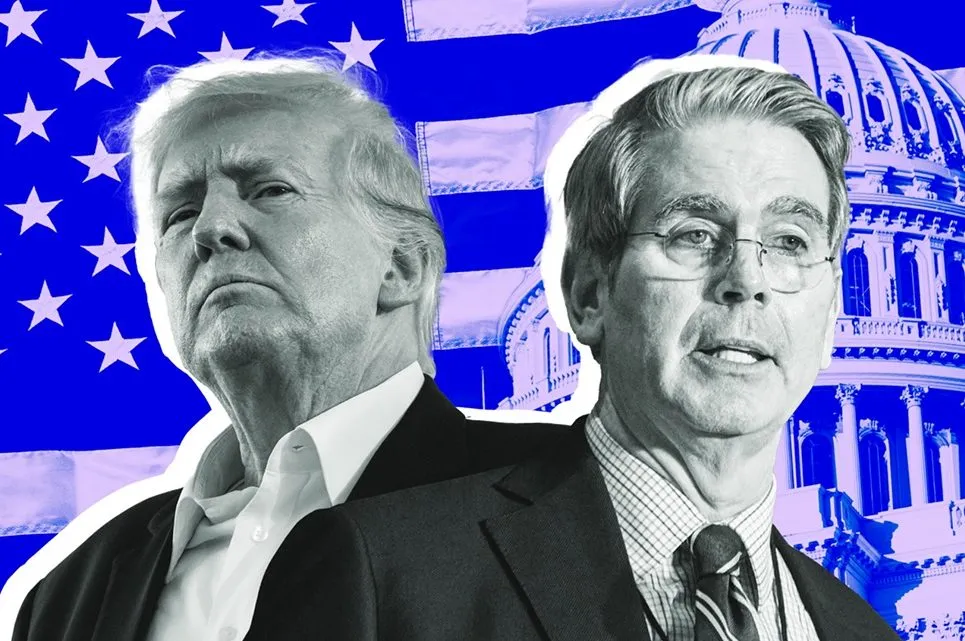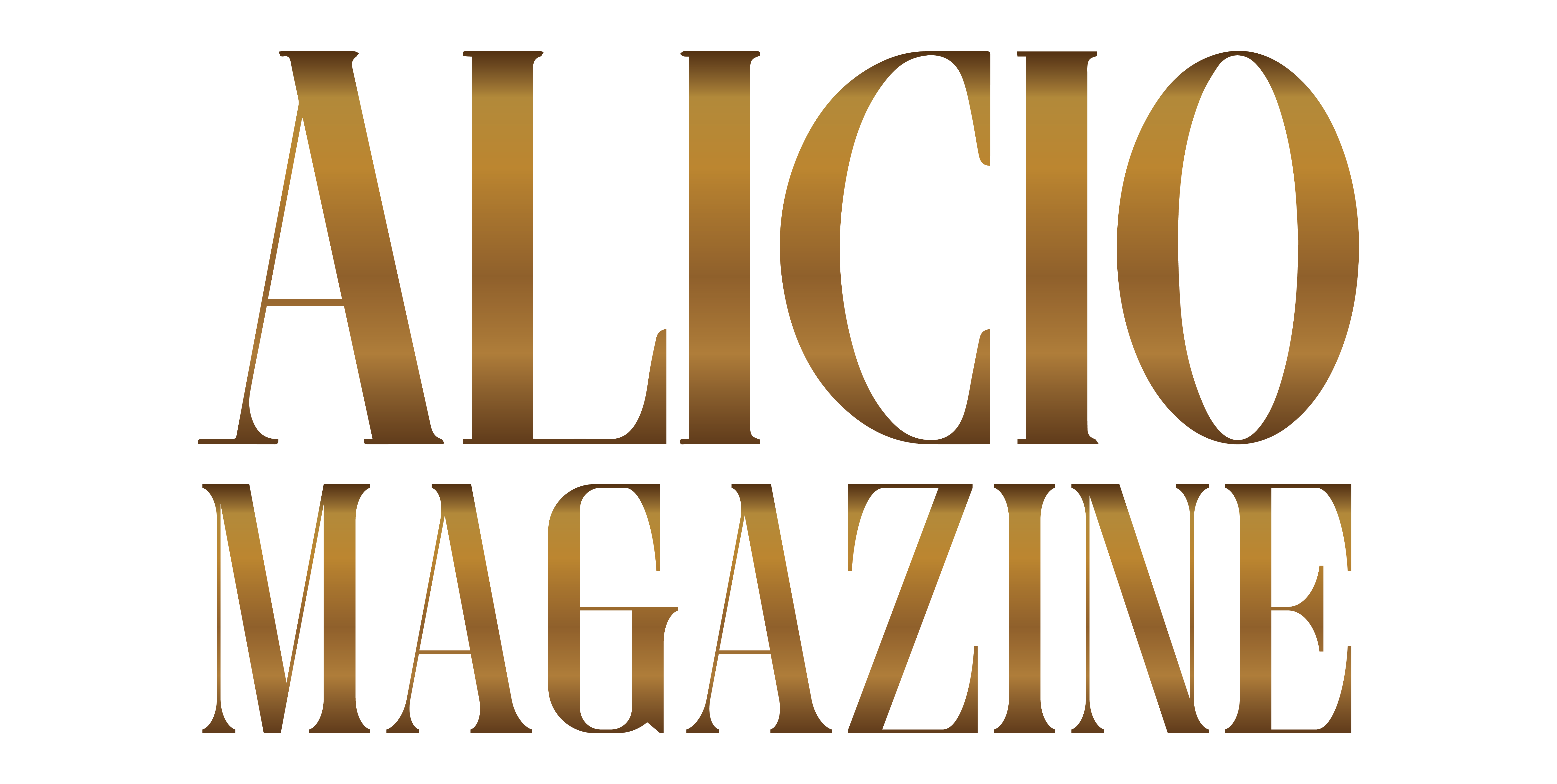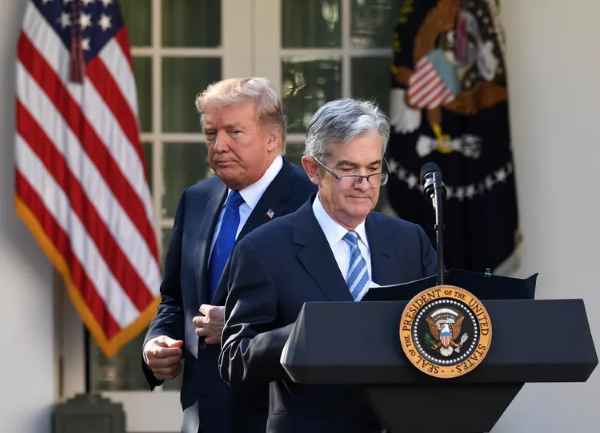Federal Reserve officials have said it is too early to consider President-Elect Donald Trump’s policy proposals in their interest rate considerations; however, some have offered their predictions on how those policies could play out in the economy.
Last week, Federal Reserve Chair Jerome Powell said at an event in Dallas that the Fed isn’t factoring in the potential economic effects of Trump’s economic policies because specific proposals have yet to be released.
“The answer isn’t obvious until we see the actual policies, and even then, it’s not obvious,” Powell said of how policy proposals can impact the economy.
However, some of Powell’s colleagues are publicly mulling over the potential effects that Trump’s policy changes could have on the broader economy.

Tariffs Could Have Limited Inflationary Impact—On Their Own
Tariff proposals are among Trump’s most widely referenced policy changes, with many economists arguing that high taxes on imported goods will push up inflation.
However, during a question and answer session with Yahoo Finance, Minneapolis Federal Reserve Bank President Neel Kashkari said taxes on foreign-made goods might not have a long-lasting effect on the economy.
“A tariff, generally speaking, from an inflation perspective, we think of as a one-time increase in prices,” Kashkari said. “So if you have a 1% tariff, you could think of it as a 1% increase in prices of those goods that are subjected to the tariff. That, by itself, is not inflationary over the long run, it’s a one time change in the price level.”
However, Trade Fights Could Put More Pressure on Prices
While tariffs may have a limited impact, when countries respond with tariffs of their own to retaliate, the inflation cycle can go on for longer, Kashkari noted.
“If there’s a tit-for-tat, and an increase in tariffs from the U.S., a response from other countries, and it goes back and forth, then you could imagine a longer-term inflationary impact,” Kashkari said.
Something similar happened the last time Trump was in office; the U.S. and China issued increasingly retaliatory tariff threats against each other over 2018 and 2019 before eventually signing a trade agreement.
However, Powell noted that a trade war between China and the U.S. could be different this time.
“Six years ago, the inflation was really low, and inflation expectations were low. Now, we’ve come way back down, but we’re not back where we were. It’s a different situation,” Powell said.
Increasing Debt Levels Could Keep Interest Rates High
Some economists have also raised the concern that Trump’s spending and tax cuts policies could lead to increased government deficits.
Kansas City Fed President Jeffrey Schmid said that even if the government continues to run deficits, the Federal Reserve will keep inflation in check. However, it wouldn’t come without a cost.
“Large fiscal deficits will not be inflationary because the Fed will do its job and achieve its inflation objective, though in doing so, the outcome could be persistently higher interest rates,” Schmid said.
Source: Investopedia, https://www.investopedia.com/they-re-not-talking-trump-but-fed-officials-are-pondering-his-policy-ideas-8746589



